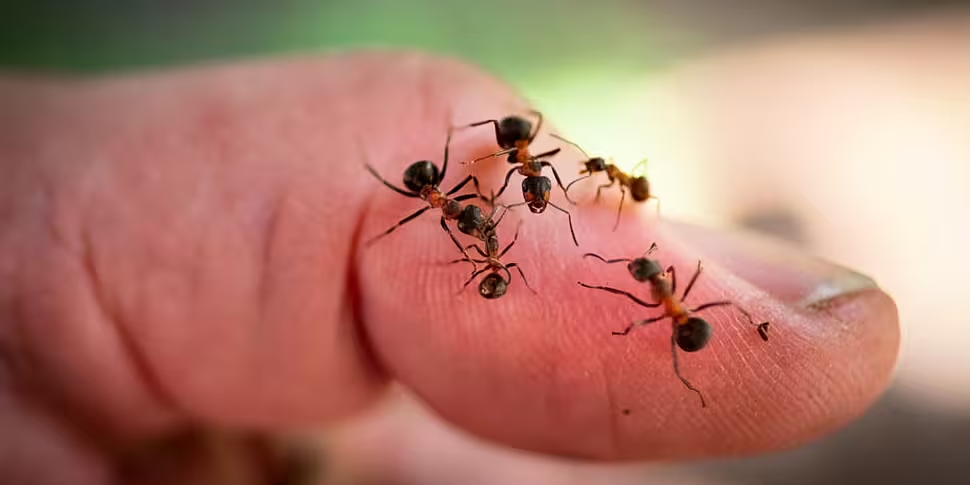Scientists have discovered a unique colony of wood ants trapped in an old nuclear weapons bunker in Poland which appears to have survived solely on the corpses of its own fallen members.
The main nest was built in a vertical ventilation pipe for the bunker used to store nuclear weapons during the soviet era, but every year a large number of ants would fall down the pipe and couldn't return to the main colony.
Despite the inability of the ants who had tumbled into the bunker to reproduce, and the extremely severe conditions in the bunker - with no heat, light, or obvious sources of food - their offshoot colony thrived.
A team led by Professor Wojciech Czechowski at the Polish Academy of Science found the number of ants down in the bunker had swelled to the size of a large colony in the open world, and had continued in their work of constructing a nest.
A "decisive contribution" from Dr Istvan Maak, who worked with Professor Czechowski at the Museum and Institute of Zoology, deduced that the colony had to survive on the corpses of its own imprisoned nestmates.
The team also experimentally installed a boardwalk to help the ants get back through the ventilation pipe that led out of the bunker to their original nest.
Although the colony was first discovered in 2013, a newly-published paper established that the wood ants did indeed consume the dead bodies of their kin that began to pile up on the bunker floor.
Similar behaviour does occur naturally, typically during spring when protein food is scarce, but this often takes place as a result of so-called "ant wars" when colonies fight against each other and then eat the corpses of the fallen.
"The present case adds a dimension to the great adaptive ability of ants to marginal habitats and suboptimal conditions, as the key to understanding their unquestionable eco-evolutionary success", explained the paper's authors.
When the scientists first began to release the ants, they only allowed a group of 100 to flee the bunker into the outskirts of the mother nest - and when no aggressive behaviour was observed this confirmed that they were part of the same colony.
They then installed a three-metre boardwalk between the bunker and the colony mound, and within months the bunker was almost deserted.
Although ants continue to fall down the ventilation pipe, the scientists have left the boardwalk there to allow them to move freely up and down.
Main image: File photo of red forest ants on a thumb | Image: Peter Steffen/DPA/PA Images









